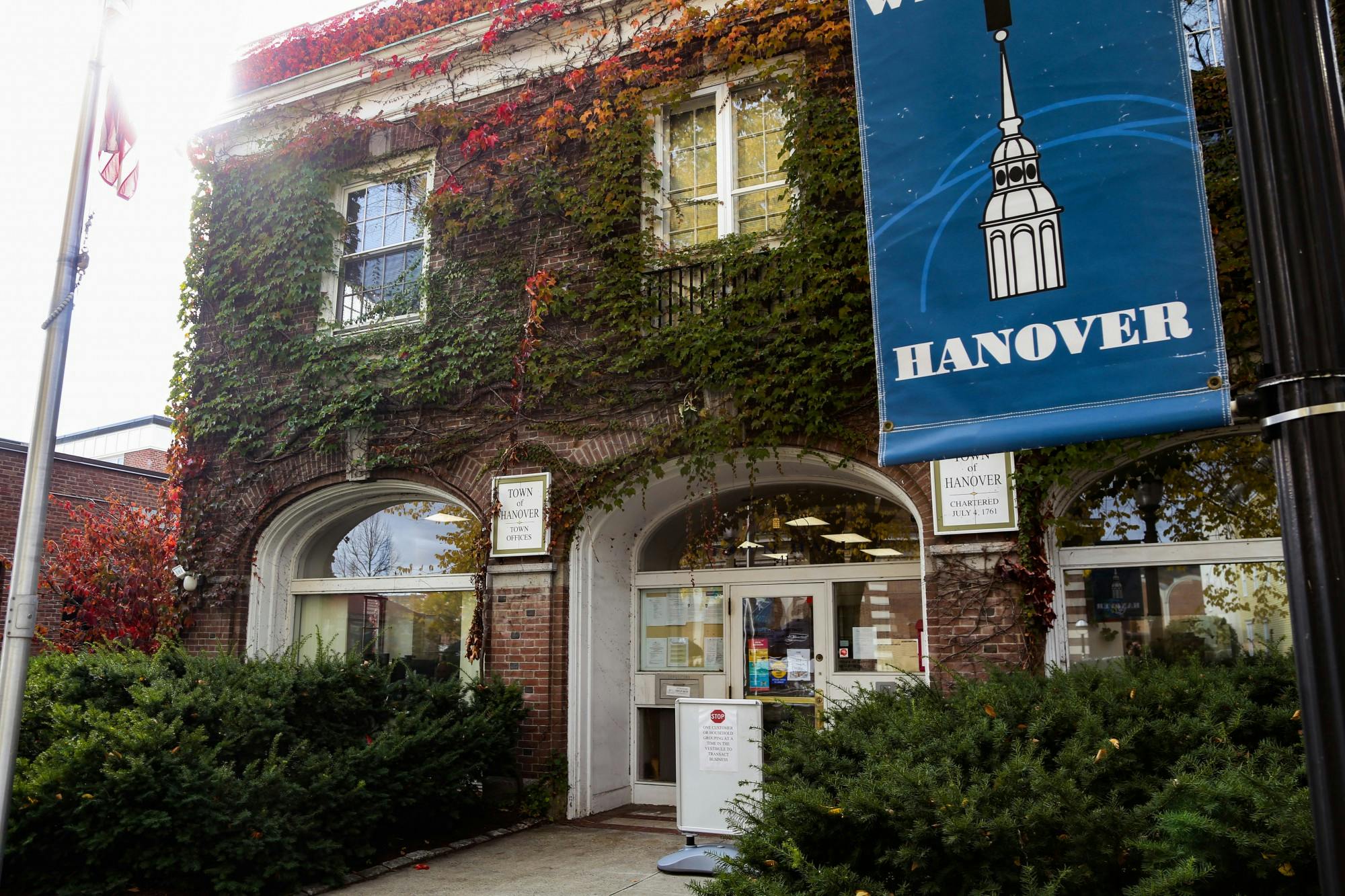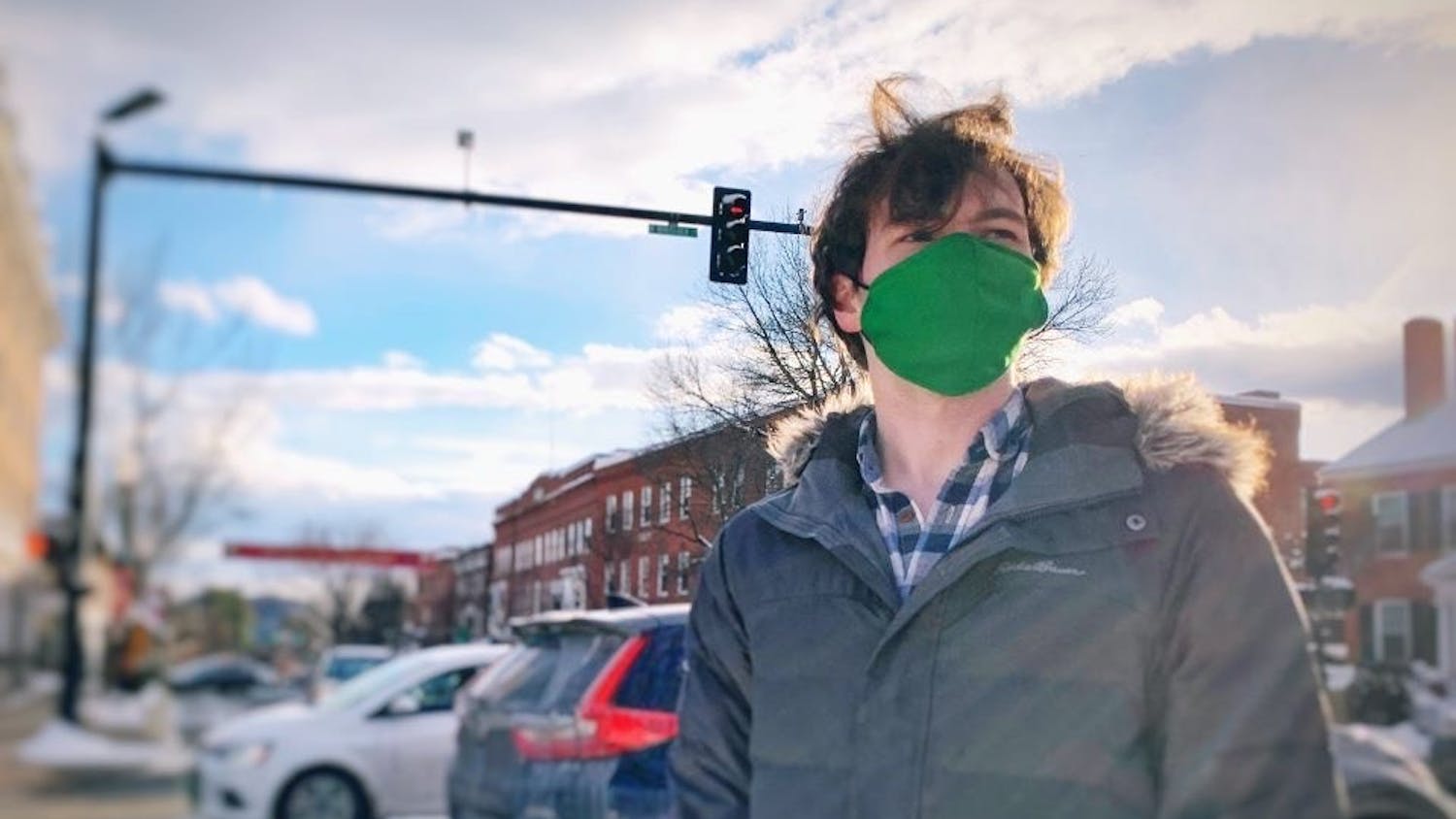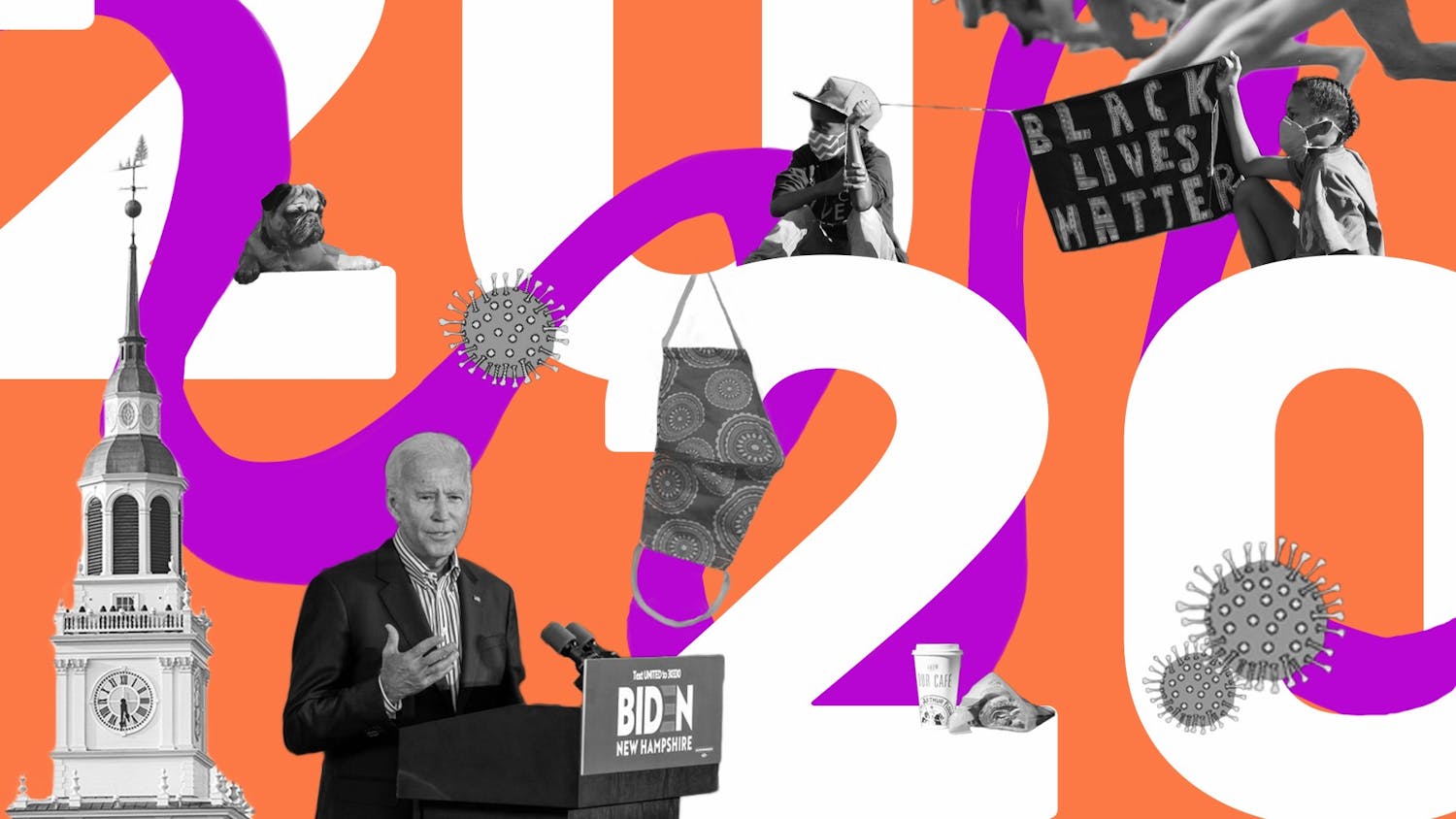On March 22, the Hanover Selectboard voted unanimously to move the date of the annual 2021 Town Meeting from May 11 to July 13. Some students have voiced concerns over the decision’s impact on student voter turnout in the town election, which usually takes place during the Town Meeting.
According to Hanover Selectboard chair Peter Christie, the date change will allow for the “business” portion of the in-person town meeting — during which resolutions are voted upon — to occur outdoors in accordance with COVID-19 restrictions.
Residents attending town hall meetings elect new town officers during the “official ballot” section and vote to approve resolutions, such as the town’s budget and zoning ordinances, during the “business” section, Christie explained. During the March 22 Selectboard meeting, Hanover town manager Julia Griffin said that because the business portion of the meeting will take place outdoors and in the evening, the town would need to move the date to July in order to avoid colder evening temperatures in May.
Christie wrote in an email statement that the success of last year’s outdoor town meeting was another contributing factor in the town’s decision to move this year’s proceedings to July, adding that the Selectboard also chose to postpone the election to July rather than to June in order to prevent a conflict with Commencement activities.
At the March 22 meeting, Hanover town clerk Betsy McClain clarified that for the “official ballot” portion of the meeting — where town officers, including new Selectboard members, are elected — students can still vote absentee without an excuse, but she added that students will need to be present in person to vote during the business portion of the meeting. She said that while the town could theoretically move the business portion of the meeting to July while keeping the election for candidates in May, such a move could “confuse” voters.
David Millman ’23, who announced a campaign for the Selectboard in February, expressed concern over the town’s decision to move the election date to July, when fewer students are likely to be on campus.
“I don’t want to speculate on their intentions [behind this decision], but this makes it harder for students to vote in person,” Millman said.
Millman added that it is “impossible to say” how this decision will affect student turnout for the Selectboard election, especially because he says he is the first student to run a “legitimate” campaign for a Selectboard seat. He said that his campaign will need to emphasize absentee voting for students in the Class of 2024, as they are unlikely to be in Hanover to vote in person at the July meeting during the summer — a result of the College giving priority for on-campus privileges to the Classes of 2022 and 2023.
Millman’s campaign manager Nicolas Macri ’24 said that he felt that the decision “confirmed” that the town “doesn’t really think” about student issues in regards to their decision-making. He added that there can be a “whole host” of issues with absentee ballots, as they are “more likely to be invalidated” than in-person votes.
“Even though New Hampshire does make it easier to vote absentee than other states, it's still more complicated than voting in person,” Macri said. “It’s kind of disappointing that the town didn’t consider how this decision could make it harder for students to vote.”
Owen Seiner ’24 said that he felt that the town’s decision to move the election date without considering student input was “undemocratic.” He added that he thought it would be “unfair” to have an election where many residents would have “no choice” but to vote absentee.
“I was planning on voting in person, but now I’m not even sure how feasible it is to vote,” Seiner said. “It takes a lot more work to mail an absentee ballot.”
With the change in the date of the election, Millman said that his campaign is now planning on delaying canvassing efforts until the middle of the spring term. He added that his campaign will focus on informing student voters about the election date and to get them to sign up for absentee ballots before leaving campus in June.
“No one should be prevented from voting just because of this change in the election day,” Millman said.




